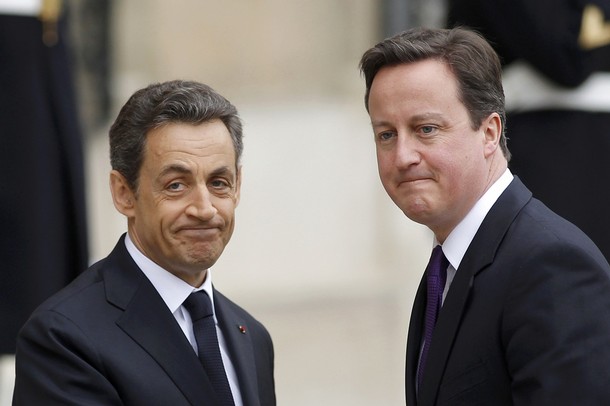
From the Editors of the Observer: Committees are sometimes the fairest way to decide policy; rarely, if ever, are they the most efficient. As a system for conducting wars, their shortcomings are obvious. …
The tactical imperative of halting Colonel Gaddafi’s assault on Benghazi meant it was necessary last week to shoot missiles first and ask organisational questions later. But those questions quickly reasserted themselves. Almost as quickly, they led to disagreement among anti-Gaddafi allies.
The US does not want to take the lead role, preferring Nato members in Europe to conduct a conflict on their Mediterranean flank. That idea was then bogged down in disagreement between France and Turkey, both Nato members, but with different views of what should be happening in Libya. Paris wants maximum freedom to interpret the UN mandate for intervention. Ankara is more circumspect, wary of a creeping escalation of Nato involvement in North Africa. Britain’s view seems to be expressed mainly in sullen whispers of disappointment that the Americans are not more engaged. …
All of the strategic logic of this conflict points to a predominantly European operation. Tripoli is a short boat ride away from the border of the EU. It is thousands of miles away from Washington. Historically and economically, Libya is in Europe’s backyard. Seen from the American perspective, it is a bit rich for Europeans, many of whom are quick to complain about US global hegemony, also to lament a lack of transatlantic GI swagger in a crisis. …
The US is looking weary of policing the world and, rightly or wrongly, feels starved of gratitude when it does. Nato will take command in Libya, so the US continues to have a major stake in military operations. But the lesson is clear: whatever happens next in North Africa, it is Europe’s problem. (photo: Reuters)
Image: reuters%203%2028%2011%20Nicolas%20Sarkozy%20David%20Cameron.jpg
